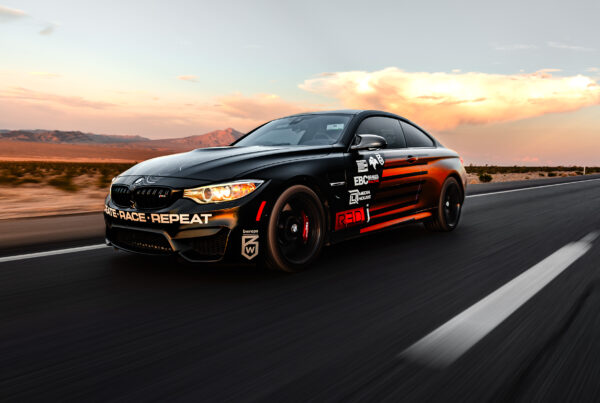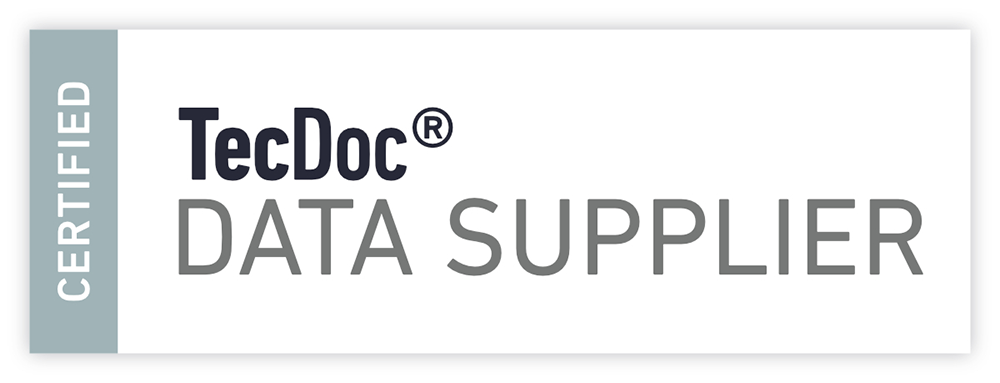We look into ‘R90’ regulations and what it means for brake pads and now – for brake discs/rotors
There are good things but also some “Limiting” things within this regulation
First of all, it only applies legally within Europe. If you live outside Europe, it has no legal implications for the brakes you buy or use.
European legislation came into effect in September 1999 titled ECE R90 that stipulates that all brake pads ( and now also discs/rotors) sold for use on vehicles manufactured after this date must be tested and comply with R90 standards. This test which involves taking each homologated vehicle used on the public roads within Europe and comparing the front and rear brake performance with the original parts to those of aftermarket offerings has closed the door to cheap and nasty imported brake pads throughout Europe.
The test includes cold and hot brake friction analysis and if a part has been approved to R90, it can be safely assumed that the product is equal to or better than the original equipment product. The brake pads are then marked with an R90 code number and a country code in a circle such as E1 for Germany or E11 for the UK which signifies where the testing has been done. EBC Brakes does all of its testings at the VCA (Vehicle Certification Agency) test facilities at MIRA in Nuneaton, UK. MIRA stands for the Motor Industries Research Association who has a high-speed test track for conducting these tests which EBC Brakes uses on a regular basis.
Factory Approval is part of the R90 process which involves engineers inspecting and accrediting the factory manufacturing the product before approval is given.
EBC has tested its entire range of direct replacement and pads and discs/rotors and all have passed, except the race materials which are not tested and not used in Europe on Highways (read conclusions below)

What are the benefits?
If you are selling brake pads for European vehicles and the material you are offering is not very close to the original equipment material in terms of friction level, you could be placing your customers safety at risk.
What are the negatives?
- R 90 doesn’t test for high-speed performance or for lifetime.
- R90, therefore, RESTRICTS the upper level of friction (brake effect) that a pad can have and be legally used on public roads in Europe so in essence it places a CAP on the high-speed performance of your pads.
- It means that race-capable brakes cannot be LEGALLY used on highways in Europe, something that many drivers find desirable especially if doing track days (or in the USA lapping events ) where the car needs to be driven to the track and return home with race pads fitted.
Conclusion
R90 limits low-quality brakes from appearing on highways and in that respect it is a good regulation but it does place limits on products you can use legally in Europe and elsewhere in the world, any performance car driver will likely ignore it.








